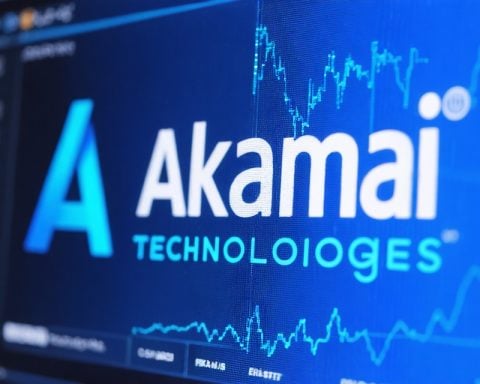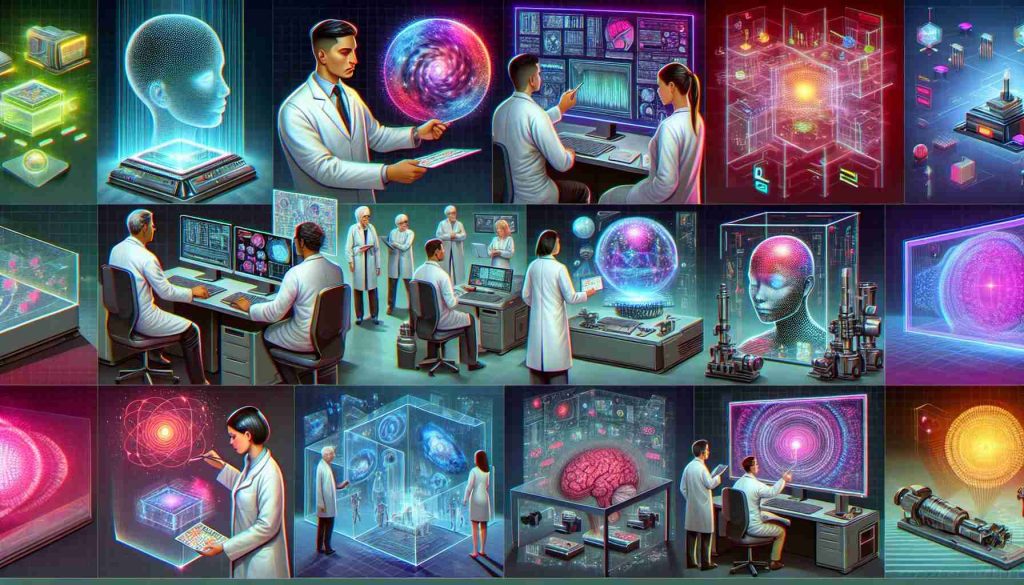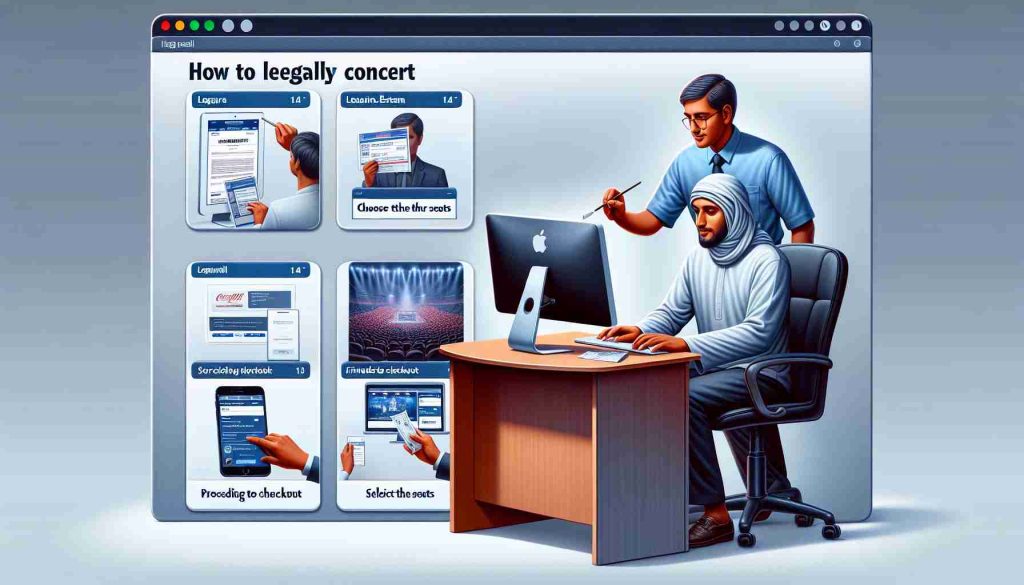In a world constantly advancing in technology, there is a surprising demand for smart pens like the SR702 from Keda Xunfei, despite their high price tag and questionable utility.
While the SR702 boasts real-time transcription and a sleek design, the steep price of 3599 yuan makes one question its practicality, especially when compared to more affordable online meeting solutions.
However, even as online collaboration tools like Feishu and Dingtalk offer similar transcription features, there remains a market for high-end recording devices, as evidenced by the quick sale of second-hand pens at almost half the initial price.
The allure of these smart pens lies in their powerful recording capabilities and offline transcription functions, catering to individuals seeking enhanced security and convenience.
Despite the rise of digital tools and platforms, traditional industries and enterprises still find value in these devices, highlighting the ongoing dichotomy between cutting-edge technology and established practices.
While some may view users of smart pens as outdated, there is a valid argument for their role in bridging the gap between legacy systems and modern solutions.
Whether these devices represent progress or outliers in the realm of collaborative tools remains subject to debate, emphasizing the importance of understanding and meeting diverse user needs in the ever-evolving digital landscape.
Exploring the Continued Relevance of Smart Pens in the Digital Age
In a landscape dominated by digital innovations, the enduring demand for smart pens introduces intriguing questions about their place in the modern era. Are smart pens still viable tools in an increasingly digital world, or are they becoming obsolete relics of the past?
1. Are Smart Pens Still Relevant in the Digital Age?
Despite advancements in online collaboration tools and technologies, smart pens have maintained their niche appeal among users. Their ability to seamlessly blend traditional note-taking with digital transcription and recording features continues to attract a dedicated user base.
2. What Sets Smart Pens Apart from Digital Solutions?
Smart pens offer a unique hybrid experience that combines the tactile satisfaction of writing on paper with the convenience of digital storage and organization. This dual functionality, coupled with advanced features like real-time transcription and offline capabilities, sets them apart from purely digital alternatives.
3. Key Challenges and Controversies Surrounding Smart Pens
One of the primary challenges associated with smart pens is their relatively high price point compared to other digital tools. The cost factor raises questions about the accessibility and cost-effectiveness of these devices, especially in a market flooded with more affordable solutions.
Another controversy stems from the debate over whether smart pens are essential tools or merely luxury items. While some argue that their specialized features justify the investment, others question their practicality in an era dominated by digital transformation.
Advantages of Smart Pens:
– Seamless integration of analog and digital workflows
– Enhanced note-taking and transcription capabilities
– Offline functionality for increased security and convenience
– Appeal to users in traditional industries and enterprises
Disadvantages of Smart Pens:
– High cost may limit accessibility for some users
– Potential overlap with features offered by more affordable digital tools
– Perceived as niche products rather than mainstream solutions
In conclusion, the ongoing demand for smart pens in the digital age reflects a nuanced relationship between traditional and modern tools. The key lies in understanding the specific needs and preferences of users who value the unique benefits offered by smart pens. As technology continues to evolve, the debate surrounding the relevance and utility of these devices will likely persist, highlighting the importance of striking a balance between innovation and tradition.
For more insights on the evolving landscape of collaborative tools and technology, you may find TechRadar a valuable resource to explore.
























